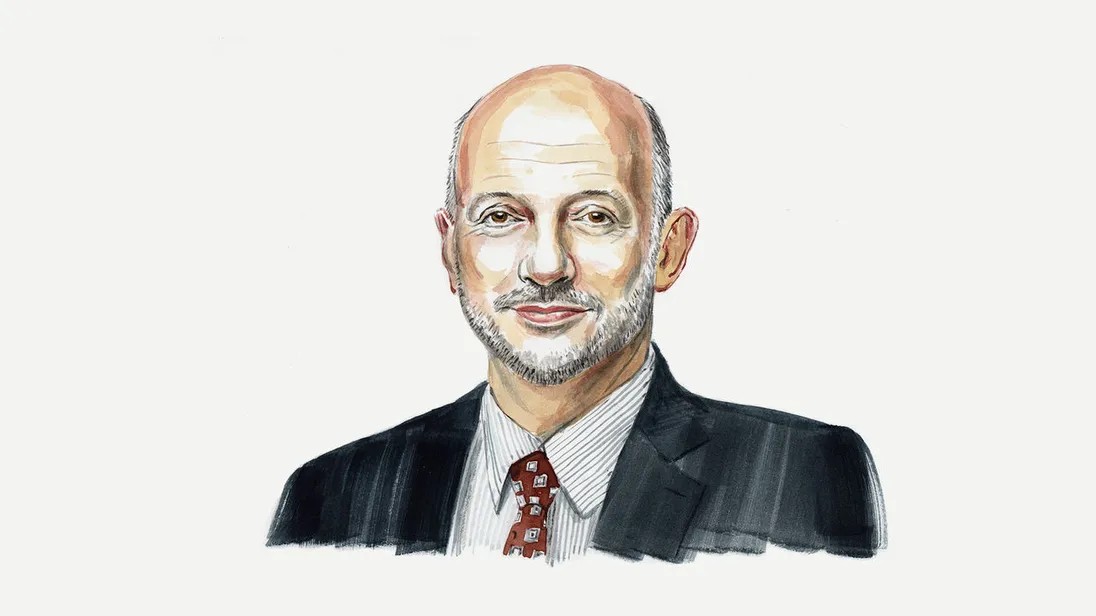
In The Economist, EED Executive Director Jerzy Pomianowski writes that the EU must champion democratic values worldwide and integrate them into its defence policy. Democracy support is indispensable for Europe's long-term stability, security and prosperity.
In 1941 Winston Churchill established the Political Warfare I Executive, a clandestine organisation dedicated to waging psychological warfare against the Axis powers. This unit produced and disseminated propaganda aimed at damaging enemy morale and bolstering resistance throughout occupied Europe and within Nazi Germany. Churchill understood what we risk forgetting today: "The empires of the future are the empires of the mind."
More than eight decades later, European leaders have agreed to defend European values, freedom and democracy by rearming the continent. Rightly so. Deterrence proved effective during the cold war. Democracy and strength do not contradict each other. Yet, as the continent builds its military capacity, some fundamental questions remain about the role of soft power in a comprehensive security and defence strategy
Is the projection of soft power vital to European defence? In other words, can Europe defend its values and way of life without winning the hearts and minds of those subjected to aggressive toxic narratives from autocratic leaders like Vladimir Putin? Can it manage migration when corrupt neighbouring regimes weaponise refugee flows? Can it ensure sustainable economic prosperity when it works in partnership with countries that lack judicial independence and rule of law?
Support for democracy is a founding value of the European Union, but it is also necessary for Europe's long-term stability, prosperity and global influence. As it faces mounting threats to democracy at home and abroad the EU must champion democratic values worldwide and integrate them into all of its policies.
The wake-up call is clear. The transatlantic alliance is fraying. Europe can no longer count on America to guarantee its security, even as the world experiences a daunting wave of authoritarianism: the V-Dem Institute, a research outfit, estimates that today 72% of the world's population live in autocracies, up from 48% ten years ago.
Europe and America have long worked together to provide foreign assistance that promotes democratic values, respect for human rights and the rule of law, through programmes that build trust through people-to-people relations. Now, though, sharp cuts to foreign-aid budgets across Europe and the collapse of American foreign-assistance funding are undermining Western democracies' collective ability to project soft power.
Foreign aid lays the groundwork for a strong security architecture by building both deep understanding of local contexts and trust with like-minded individuals, including those living in autocratic states. Reducing defence strategy to tanks and bunkers is strategic myopia.
Support for democracy has traditionally constituted a very small portion of foreign-assistance budgets, yet it engages far more closely with local actors than other initiatives. Slashing budgets for things like promoting independent media, increasing government transparency and reforming law enforcement risks creating a vacuum which anti-democratic voices can fill. It also undermines trust in the values promoted by the West. Today, not only autocrats but also democratically elected leaders in Africa and Asia are questioning whether they need to embrace what the autocrats refer to as "Western values" to drive economic development. Many are, for instance, unwilling to vote against China at the UN Human Rights Council because they count on Chinese investment. This is not new, of course. What is new is that they now see a collective West that is withdrawing its support.
As Churchill recognised from ancient military principles, it is better to fight on enemy territory than at home. The battle of winning the hearts and minds of those living in Russia, China, Iran and other authoritarian states must remain an integral part of our defence strategy. The evidence shows that supporting democracy works: the broadly democratic transitions of former communist countries, including my native Poland, stand as testament.
Today's iron curtain is built from social-media algorithms used by "troll armies" and new kinds of propaganda that exploit basic human emotions. Yet despite the tech revolution and the shifting of the global economy's tectonic plates, autocracies still operate in familiar ways. Just like during the cold war, they seek to control citizens and isolate populations by limiting the flow of information and ideas, forcing individuals to rely solely on the state and stymieing civil society.
The delivery of foreign assistance is by its nature multi-layered and highly contextual. In Moldova, for instance, guaranteeing access to reliable information and electoral integrity are more urgent than they might be elsewhere as the country faces intense pressure from Russia ahead of elections in September. The potential closure of Radio Free Europe/Radio Liberty owing to a withdrawal of funding by the Trump administration is another pressing concern. It would leave millions across Eastern Europe, Central Asia and many other parts of the world without access to independent information and debate. Is it acceptable that China, Russia and Iran fill this void?
Any ground lost today will be far more difficult to recover in the future. Although Europe cannot fill the immense hole left by America's retreat, it can fill strategic gaps, by focusing on neighbouring countries and those that are candidates to join the EU. Not doing so would make Europe more vulnerable to external threats.
More dictators abroad will inevitably lead to deteriorating regional economies, increased migration, more serious security challenges and less stable democracies at home. Foreign assistance is too often mischaracterised as charity when, at its base, it serves the strategic interests of those who provide it. Though perhaps an unpopular sentiment, the reality is clear: there is a self-interest inherent in foreign assistance. By helping others, Europe is helping itself.
Read the article in The Economist here.